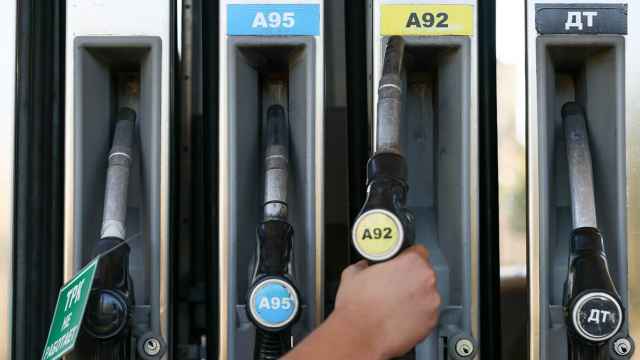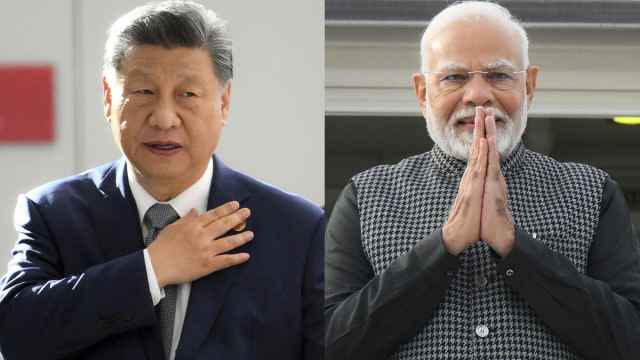As you read this, a power outage is affecting much of Africa and South Asia. After hundreds of billions of aid dollars have been spent on the energy sector, 1.4 billion people continue to live in a state of permanent blackout. Governments can address this challenge when they meet in Moscow for foreign aid negotiations from Dec. 16 to 17.
The problem is that most rural poor in Africa and South Asia are not connected to the electric grid, and centralized power projects are not an economic way of reaching them. The Grand Inga scheme will supply power to the mining sector and the big cities, not the disconnected African population. The rural poor will pay the price for centralized dams and fossil fuel projects, but are unlikely to benefit from them.
Better solutions exist. The International Energy Agency found that 70 percent of rural areas are best electrified by local solutions based on solar, wind and micro-hydropower projects. Watt for watt, such solutions are already now cheaper than what the Grand Inga scheme could deliver 15 years from now.
Just as mobile phones have made landlines unnecessary, renewable energy technologies allow poor countries to leapfrog the centralized power systems that have electrified industrialized countries.
In 2013, only 8 percent of the World Bank's energy lending focused on expanding access for the poor. The World Bank plans to increase its support for large dams such as Inga 3, the first stage of the Grand Inga scheme. This approach will not address the global power outage. Institutions such as the newly created Green Climate Fund are better placed to promote clean local energy solutions for the poor than the World Bank.
At the invitation of the Russian government, donor countries will meet in Moscow next week to negotiate their contributions for the World Bank fund for the poorest countries. The World Bank has identified Inga 3 as a model project for this fund. If they are serious about ending the global power outage, donor governments should shift their energy dollars from the World Bank to mechanisms that focus on rural electrification.
Such a shift will reduce energy poverty while protecting the climate and local ecosystems.
Peter Bosshard is policy director of International Rivers, a nonprofit organization based in Berkeley, California that works to protect rivers and the rights of communities that depend on them.
A Message from The Moscow Times:
Dear readers,
We are facing unprecedented challenges. Russia's Prosecutor General's Office has designated The Moscow Times as an "undesirable" organization, criminalizing our work and putting our staff at risk of prosecution. This follows our earlier unjust labeling as a "foreign agent."
These actions are direct attempts to silence independent journalism in Russia. The authorities claim our work "discredits the decisions of the Russian leadership." We see things differently: we strive to provide accurate, unbiased reporting on Russia.
We, the journalists of The Moscow Times, refuse to be silenced. But to continue our work, we need your help.
Your support, no matter how small, makes a world of difference. If you can, please support us monthly starting from just $2. It's quick to set up, and every contribution makes a significant impact.
By supporting The Moscow Times, you're defending open, independent journalism in the face of repression. Thank you for standing with us.
Remind me later.





